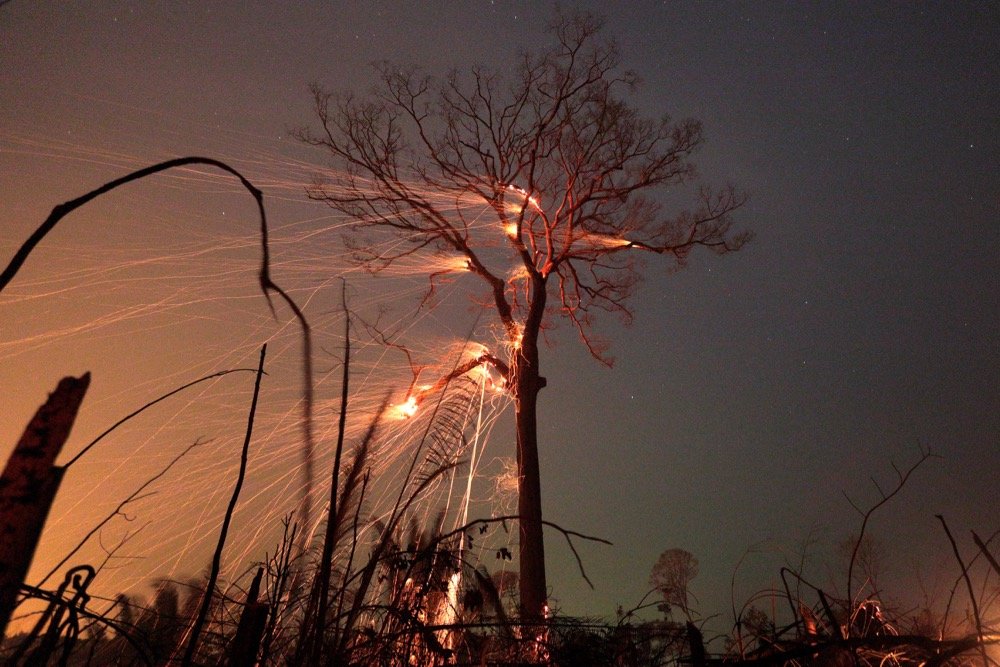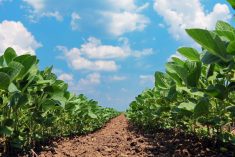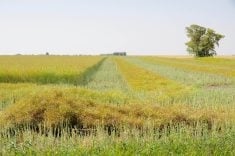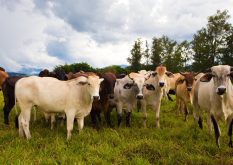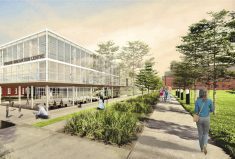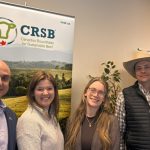Brazil’s chief executive of commodities trader Louis Dreyfus says that if society wants to seriously tackle deforestation, mechanisms are needed to compensate farmers for conserving trees.
Murilo Parada told an audience at the World-Agritech South America Summit in Sao Paulo that the development of a carbon market would be key to protect the environment and curb climate change in one of the world’s biggest food producers.
“We need to create incentives for the grower, for the farmer that needs to produce more,” Parada said.
Read Also
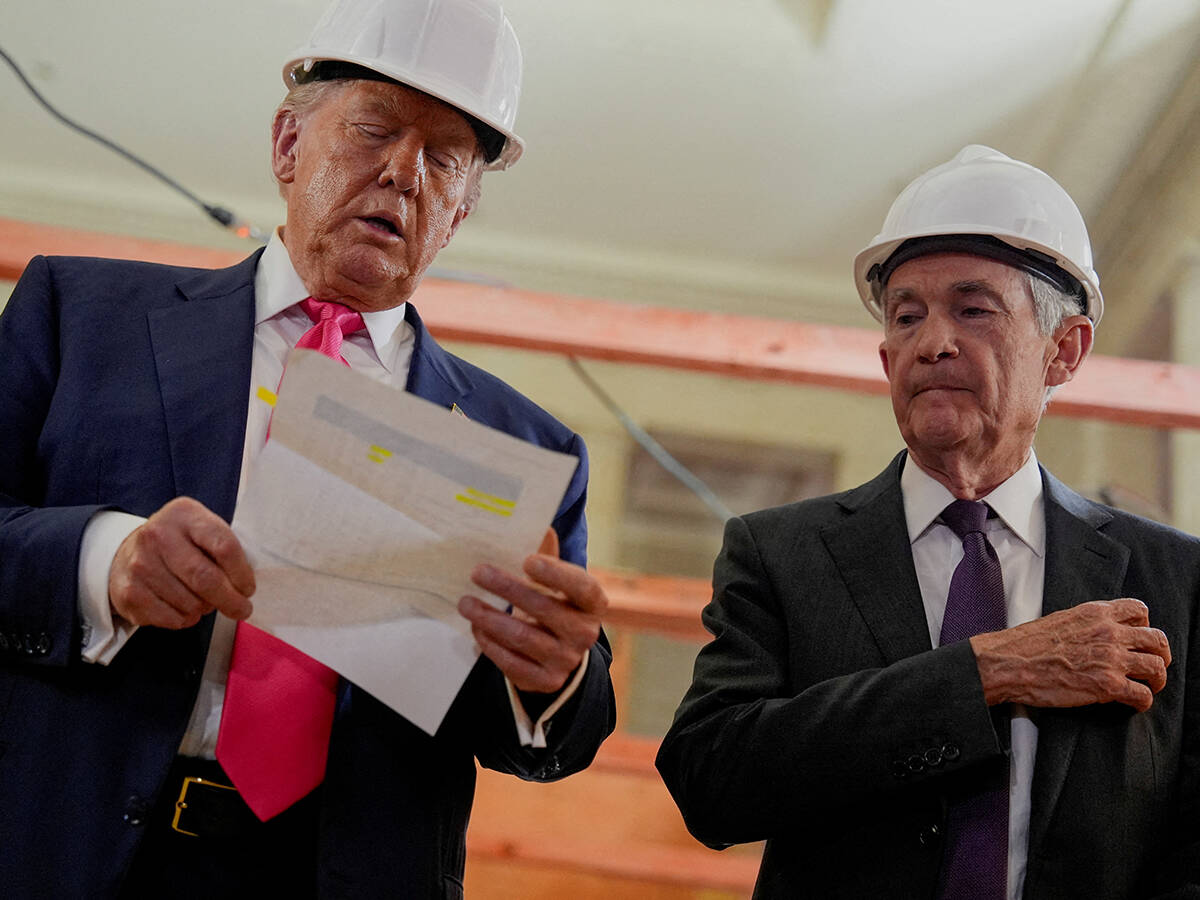
Farm trade policy pundits lay CUSMA odds
What’s the future of Canada’s free trade agreement with the U.S. and Mexico? Policy experts try to read the stars on the issue
Brazil already has environmental laws that protect most forest areas, Parada said, adding that it falls on the grower to look after those areas.
He also said having to tell farmers not to cut down trees in certain regions, even though they have the right to, “is a challenge of the private sector.”
Parada said strengthening voluntary carbon markets, whereby financial incentives will be channeled to farmers in Brazil – the world’s biggest producer of such staples as soybeans, coffee and orange juice – was the way forward.
The government and the private sector must do a better job of promoting the country’s sustainable agriculture efforts, he added.
For example, most of Brazil’s production is already no till, which improves soil health and mitigates climate change. It also employs crop rotation.
“We need to be doing more just to show how the production systems in Brazil are,” Parada said. He advocated for better measurement and presentation of data by the private sector and the government.

